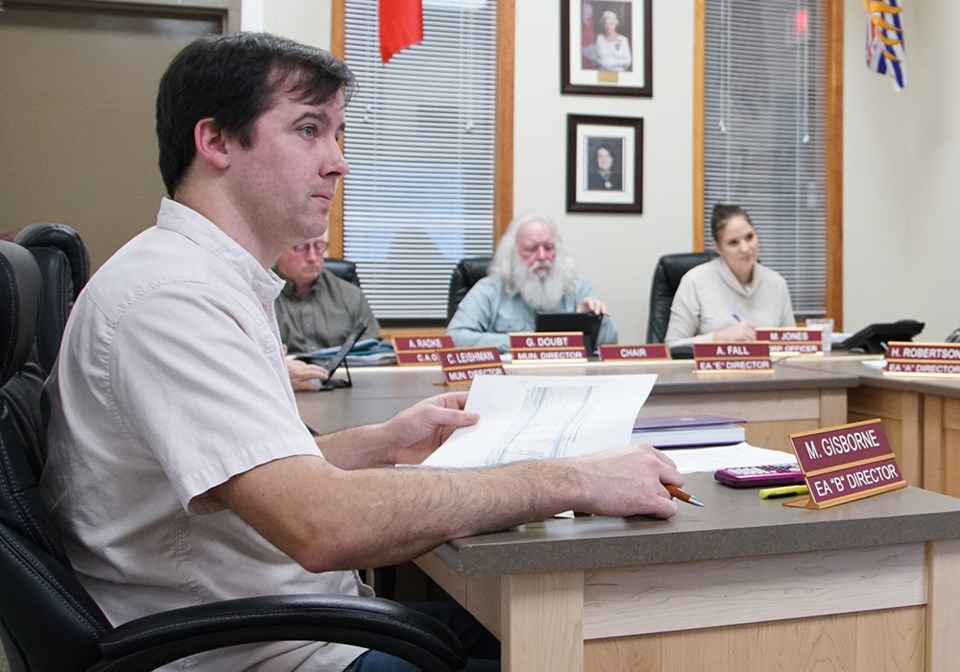qathet Regional District’s (qRD) planning committee is recommending that the regional board endorse the proposed Douglas Bay zoning bylaw and that it be presented to the board for first and second reading.
At the November 9 planning committee meeting, directors considered the recommendation, with planning committee chair and Electoral Area C director Clay Brander absenting himself because he lives in the Douglas Bay neighbourhood.
Electoral Area B director Mark Gisborne said his understanding of what is being proposed is that this is an exclusionary zoning bylaw; he asked if that was correct.
Manager of planning services Laura Roddan said the bylaw is prohibiting industrial uses, and they are excluded from being a permitted use in the neighbourhood.
“It’s a zoning bylaw,” said Roddan.
Gisborne said for several years he has been looking into all the different types of zoning.
“In North America, we typically use exclusionary zoning,” said Gisborne. “Other parts of the world sometimes use what’s called discretionary zoning. I noticed in the staff report it refers to the role of zoning as exclusionary, so it does not have to list all of the uses the neighbourhood wants excluded."
Gisborne said exclusionary zoning was introduced in the early 1900s, typically to prevent racial and ethnic minorities from moving into middle and upper class neighbourhoods.
Electoral Area A director Patrick Brabazon, serving as committee chair in Brander’s absence, called for order.
“Now, we have a motion before us,” said Brabazon. “I would like to have a discussion that is germane to the motion before us. We’re not talking about racial discrimination or anything else. This is a clearly defined motion.”
Electoral Area D director Sandy McCormick said the people in the neighbourhood have spoken and it’s important for the directors to listen to people in neighbourhoods about their neighbourhoods.
“I don’t see this as being anything other than trying to regulate land use and I support that every neighbourhood has the right to bring issues forward,” said McCormick. “If they want to exclude industry, a neighbourhood is where that works. That’s what the people want and I don’t have a problem with that.”
Gisborne said the issue with a zoning bylaw like the one before the committee is that it raises costs and excludes lower income individuals and excludes economic integration.
“If the neighbourhood wants to build a wall of regulations around themselves to keep them safe inside their little bubble, then I want to hear from the rest of the community that will be paying for it,” said Gisborne. “Next week, we are going to have open house sessions where we are going to hear from the public. If they want to pay for their own neighbourhood, that’s one thing, but everyone in areas A, B, C and D pay for this, the enforcement and the legal costs.
“This is a huge problem across North America. The housing crisis and the decline of small business is the result of these kinds of actions.”
Brabazon said the chair accepts Gisborne considers this a huge problem, but he didn’t get the sense that the other director at the table [McCormick] considers this in the same vein, and he certainly did not.
Brabazon called the vote for the board to endorse the zoning bylaw, and that it receive first and second reading at the November 25 board meeting, with he and McCormick in favour, and Gisborne opposed.



